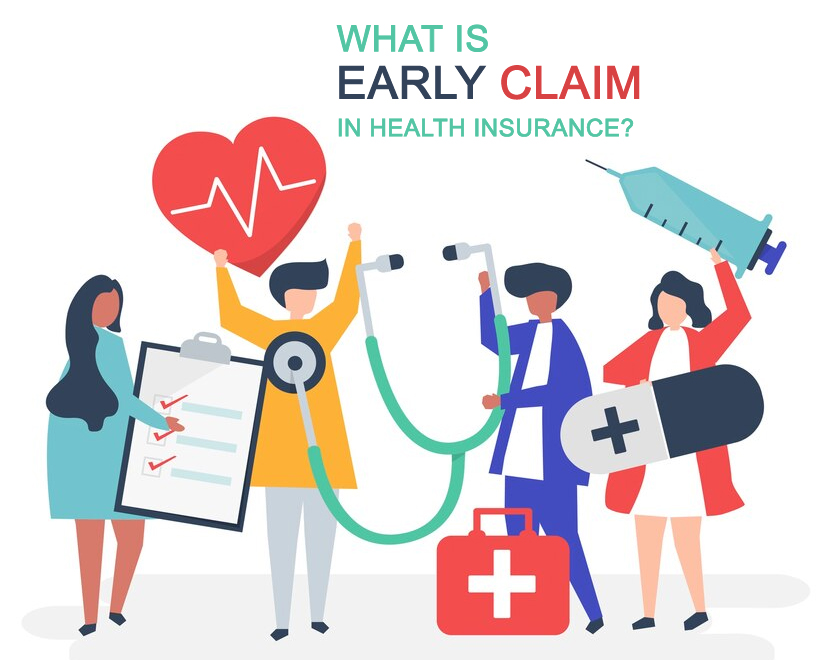
Oct
An early claim happens when you’re diagnosed with a critical illness shortly after purchasing a health insurance policy, typically within 6 months to 1 year. Whether it’s a fresh or ported policy, insurers often flag this as an “early claim.”
Why is an Early Claim a Red Flag for Insurers?
Insurers view early claims as potentially fraudulent or a case of non-disclosure—where the illness existed before buying the policy and wasn’t disclosed.
This applies to both new and ported policies.
What Happens During Early Claims?
Thorough Investigation:
Insurers launch detailed investigations to ensure the claim is genuine. A special team is set up to determine whether the illness was pre-existing before the policy was issued.
Rejection of Cashless Claims:
In most cases, insurers reject cashless claims for early claims and ask the policyholder to opt for a reimbursement instead. A detailed investigation will be done before approving reimbursement.
Home Visits & Medical History Check:
Insurers may send teams to verify the authenticity of hospitalization and check past medical records for signs of undisclosed pre-existing conditions.
Claim Rejection:
Even a minor discrepancy in your medical records could result in a rejected claim.
What Should You Do if You Face an Early Claim?
Honesty is Key: Ensure you have disclosed all pre-existing conditions when purchasing the policy.
Cashless Hospital: If possible, seek treatment at a cashless hospital to simplify the claim process.
Be Prepared for Investigation: If the claim is genuine, provide all necessary documentation and cooperate fully with the insurer.
In Conclusion:
Health insurance is complex, and early claims are scrutinized heavily. Always be honest when disclosing health conditions, and remember that insurers are thorough in their checks, especially in the first year of coverage.

